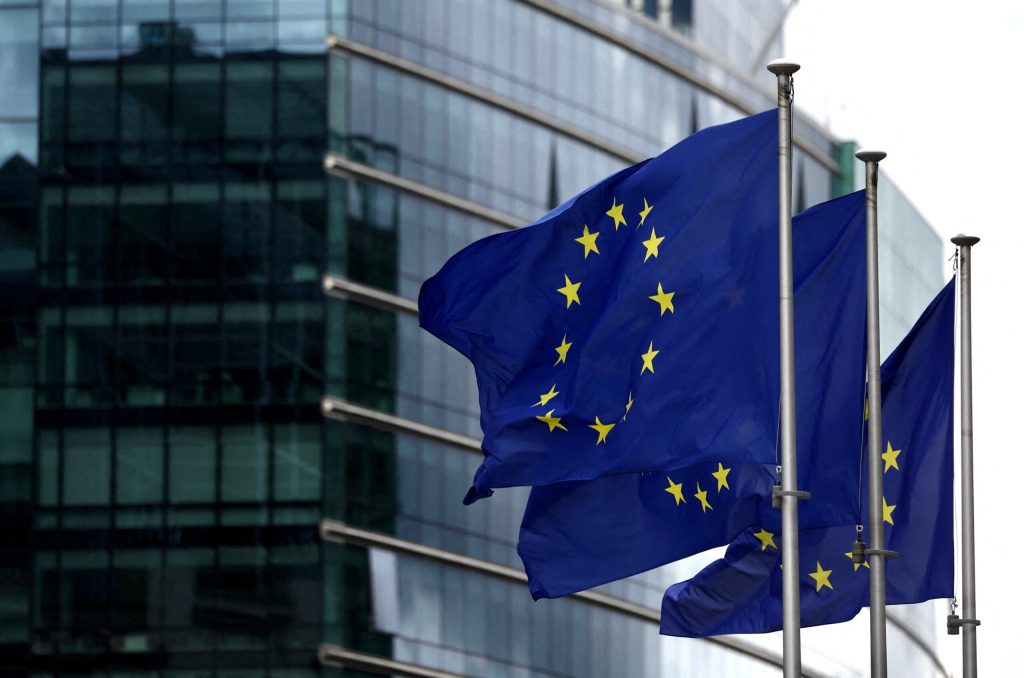90% of importers exempted: A new 50-tonne threshold will relieve administrative burdens for small and occasional importers.
Environmental integrity upheld: Despite exemptions, 99% of CO₂ emissions from covered goods will remain within CBAM scope.
Streamlined compliance: Revised rules simplify authorisation, emissions calculation, and financial liability management.
The European Parliament’s Environment Committee has endorsed key changes to the EU’s Carbon Border Adjustment Mechanism (CBAM)—a carbon pricing tool targeting high-emission imports like steel and cement. The move aims to cut red tape for small and medium-sized enterprises (SMEs) while maintaining the system’s environmental rigor.
Under the revised proposal, a new de minimis threshold of 50 tonnes would exempt approximately 90% of importers, mostly SMEs and individuals, from CBAM reporting requirements. This change is part of the broader “Omnibus I” simplification package introduced by the European Commission in February 2025.
“A majority in the committee agreed to limit amendments to the specific proposals by the Commission and to not reopen other provisions of the CBAM legislation, which is so crucial to prevent carbon leakage,” said rapporteur Antonio Decaro.
“This approach enables us to simplify matters for companies without dismantling or weakening the CBAM. We will continue to work as fast as possible to bring legal clarity and certainty to all CBAM stakeholders.”

Despite the exemptions, the environmental goal of CBAM remains intact: 99% of CO₂ emissions from imports of iron, steel, aluminium, cement, and fertilisers will still be regulated.
RELATED ARTICLE: EU Parliament Supports Stricter Rules to Reduce Industrial Emissions
The revisions also streamline the authorisation process for declarants, clarify how emissions should be calculated, and tighten anti-abuse provisions, ensuring the system is easier to navigate and more secure.
The committee adopted the proposal by a strong margin—85 votes in favor, one against, and one abstention. A plenary vote in Parliament is scheduled for 22 May 2025, after which negotiations with the Council will begin to finalize the legislative text.
The CBAM complements the EU Emissions Trading System (ETS) by leveling the playing field for European producers and encouraging climate action beyond EU borders. The Commission is set to assess by early 2026 whether additional sectors at risk of carbon leakage should be brought under CBAM’s scope.
Follow ESG News on LinkedIn

